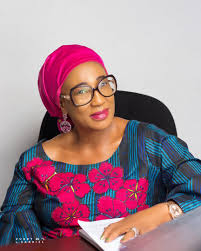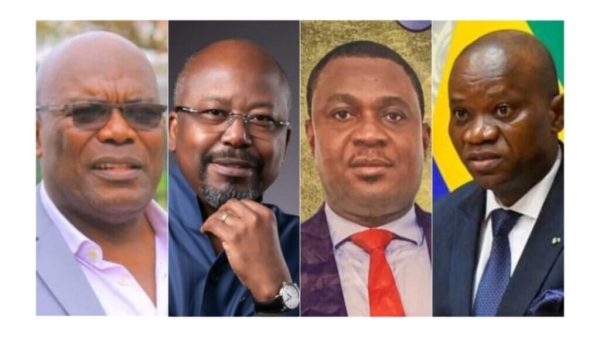Netumbo Nandi-Ndaitwah has made history as Namibia’s first female president, securing over 57% of the vote in last week’s contentious election. Nandi-Ndaitwah, a veteran leader of the governing South West Africa People’s Organisation (Swapo), will also become one of the few female presidents in Africa.
The opposition, led by Panduleni Itula of the Independent Patriots for Change (IPC), has rejected the results, calling the electoral process “deeply flawed.” The IPC, which won 20 seats in the parliamentary elections, plans to challenge the outcome in court.
Claus Goldbeck, a senior member of the IPC, described the election as an “organizational mess,” citing logistical failures. Voters reportedly faced long queues, shortages of ballot papers, and technical issues with voting machines.
The Electoral Commission of Namibia (ECN) admitted to organizational shortcomings but denied allegations of fraud. Elsie Nghikembua, the ECN chairperson, urged citizens to accept the results in a spirit of unity and reconciliation.
Swapo, which has been in power since Namibia’s independence in 1990, retained its parliamentary majority with 51 of the 96 seats. However, this marks a significant decline, as the party lost 12 seats compared to the last election.
Political analysts view the results as Swapo’s worst performance since independence. Journalist Tirivangani Masawi noted that the election reflects growing dissatisfaction with liberation movements in southern Africa, similar to recent trends in South Africa and Botswana.
Nandi-Ndaitwah, currently Namibia’s vice president, is a seasoned politician with over 25 years of government service. In her victory speech, she emphasized peace and stability, stating, “The Namibian nation has voted for progress and continuity.”
South African President Cyril Ramaphosa congratulated Nandi-Ndaitwah, calling her election a milestone for democracy in the region. Once sworn in, she will join Tanzania’s Samia Suluhu Hassan as one of only two female heads of state in Africa.
As Namibia enters this new era, Nandi-Ndaitwah faces the challenge of addressing the concerns raised during the electoral process while ensuring inclusive governance. Despite the opposition’s legal challenge, the streets of Windhoek remained calm, with citizens returning to their daily routines.
The election signals a turning point in Namibian politics, with Swapo’s dominance being tested and the IPC emerging as a formidable opposition. Observers now await the courts’ verdict on the disputed results, which will likely shape the political landscape for years to come.




















































































































